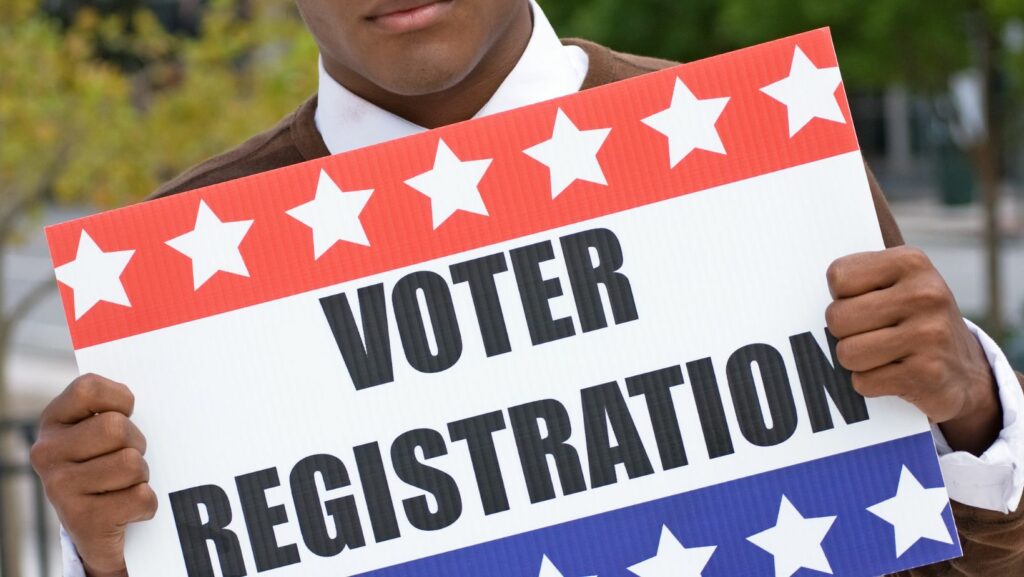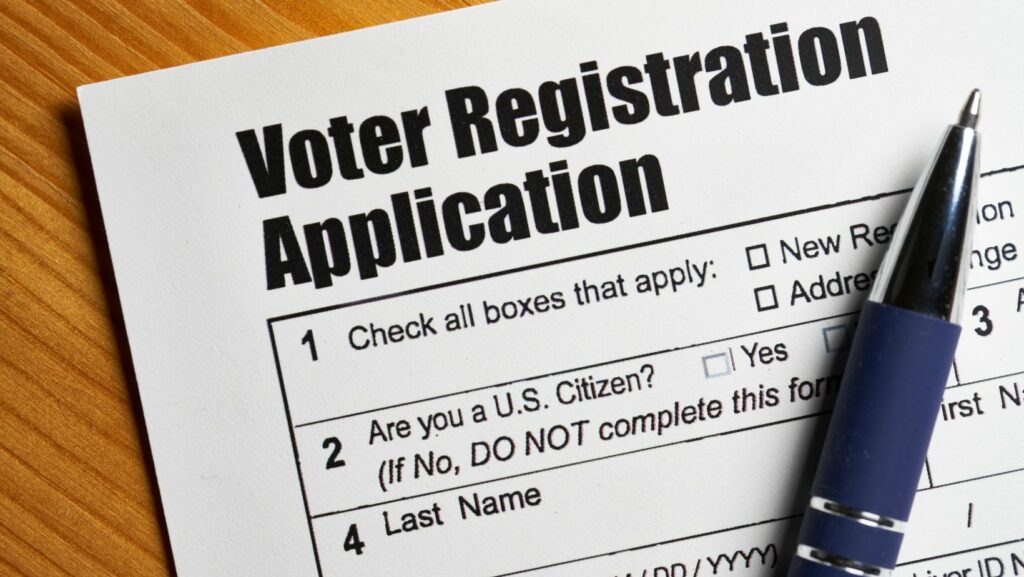In the digital age, privacy concerns are more prevalent than ever, especially when it comes to personal information. For Arizona residents, understanding whether voter registration details are public is crucial. As elections approach, questions about the accessibility of voter data often arise, prompting both voters and privacy advocates to seek clarity.
Arizona’s laws surrounding voter registration information play a significant role in how the public can access these details. While ensuring transparency in the electoral process is vital, it must be balanced with safeguarding individuals’ privacy. This balance is at the heart of the ongoing debate about what voter information should be public in Arizona.
By exploring the nuances of Arizona’s voter registration laws, residents can better understand their rights and the implications for their personal data. This knowledge empowers voters to make informed decisions about their participation in the democratic process while staying informed about privacy matters.
Is Voter Registration Information Public In Arizona
 Voter registration data in Arizona is accessible to the public with specific restrictions. Arizona law allows certain voter registration information to be shared. This data includes the voter’s name, address, and political party affiliation. However, sensitive information such as Social Security numbers, driver’s license numbers, and signatures is protected and not publicly disclosed.
Voter registration data in Arizona is accessible to the public with specific restrictions. Arizona law allows certain voter registration information to be shared. This data includes the voter’s name, address, and political party affiliation. However, sensitive information such as Social Security numbers, driver’s license numbers, and signatures is protected and not publicly disclosed.
Authorized entities can request voter registration records under specific conditions. These entities include political parties, candidates, and election officials, who may use the information for electoral purposes. Arizona imposes restrictions on how this data can be utilized to prevent misuse.
Voter Registration Laws in Arizona
Arizona maintains specific voter registration laws regulating the accessibility of voter information. These laws balance election transparency with privacy protections.
What Information Is Publicly Available?
Arizona voter records include names, addresses, and political party affiliations, which are publicly accessible. However, the law restricts access to personal identifiers like Social Security numbers and driver’s license numbers. Election officials and political parties, under regulated conditions, may access this data to facilitate electoral processes, as per Arizona Revised Statutes §16-168.
Privacy Protections in Place
 Arizona law embeds privacy safeguards to protect sensitive voter details. Enforced restrictions ensure personal identifiers remain confidential, preventing widespread public access. Authorized entities using voter data must adhere to regulations preventing misuse and ensuring data integrity. These measures maintain the confidentiality of minor citizens and protect the privacy of registered voters.
Arizona law embeds privacy safeguards to protect sensitive voter details. Enforced restrictions ensure personal identifiers remain confidential, preventing widespread public access. Authorized entities using voter data must adhere to regulations preventing misuse and ensuring data integrity. These measures maintain the confidentiality of minor citizens and protect the privacy of registered voters.
Individuals can request voter registration data by submitting a request to the Arizona Secretary of State’s office. Requests must meet specific criteria. Applicants provide detailed information about their intended use of the data, including their identity and affiliation. Non-commercial use is typically required, and requests are subject to approval to ensure compliance with Arizona’s legal standards.
Concerns About Privacy and Security
Privacy and security concerns arise when voter registration information is accessible, even with restrictions. Arizona’s laws protect sensitive details like Social Security numbers, but public access to names and addresses presents potential risks. Digital platforms increase the vulnerability of data, leading to concerns about cyber threats and unauthorized access. The balance between election transparency and personal privacy remains a critical issue.
Misuse of publicly accessible voter information can endanger individuals, particularly those in sensitive situations such as victims of domestic violence. Arizona provides protective measures like the Address Confidentiality Program, which restricts access to such individuals’ data. Ensuring voter data security and privacy involves ongoing monitoring and adapting to new threats as technology and methods evolve.
Legal Perspectives and Recent Updates
 Arizona’s approach to voter registration information reflects a careful balance between transparency and privacy, ensuring that residents’ sensitive data remains protected while supporting democratic engagement. The state’s legal framework, including Arizona Revised Statutes §16-168, provides clear guidelines for accessing voter data, emphasizing the importance of privacy safeguards. While authorized entities can access certain voter details, they must comply with stringent regulations to prevent misuse.
Arizona’s approach to voter registration information reflects a careful balance between transparency and privacy, ensuring that residents’ sensitive data remains protected while supporting democratic engagement. The state’s legal framework, including Arizona Revised Statutes §16-168, provides clear guidelines for accessing voter data, emphasizing the importance of privacy safeguards. While authorized entities can access certain voter details, they must comply with stringent regulations to prevent misuse.
Recent updates highlight Arizona’s commitment to adapting its laws to address emerging privacy concerns and technological challenges. Programs like the Address Confidentiality Program demonstrate proactive measures to protect vulnerable individuals. As digital threats evolve, ongoing vigilance and legislative updates are crucial to maintaining the integrity and confidentiality of voter information.



